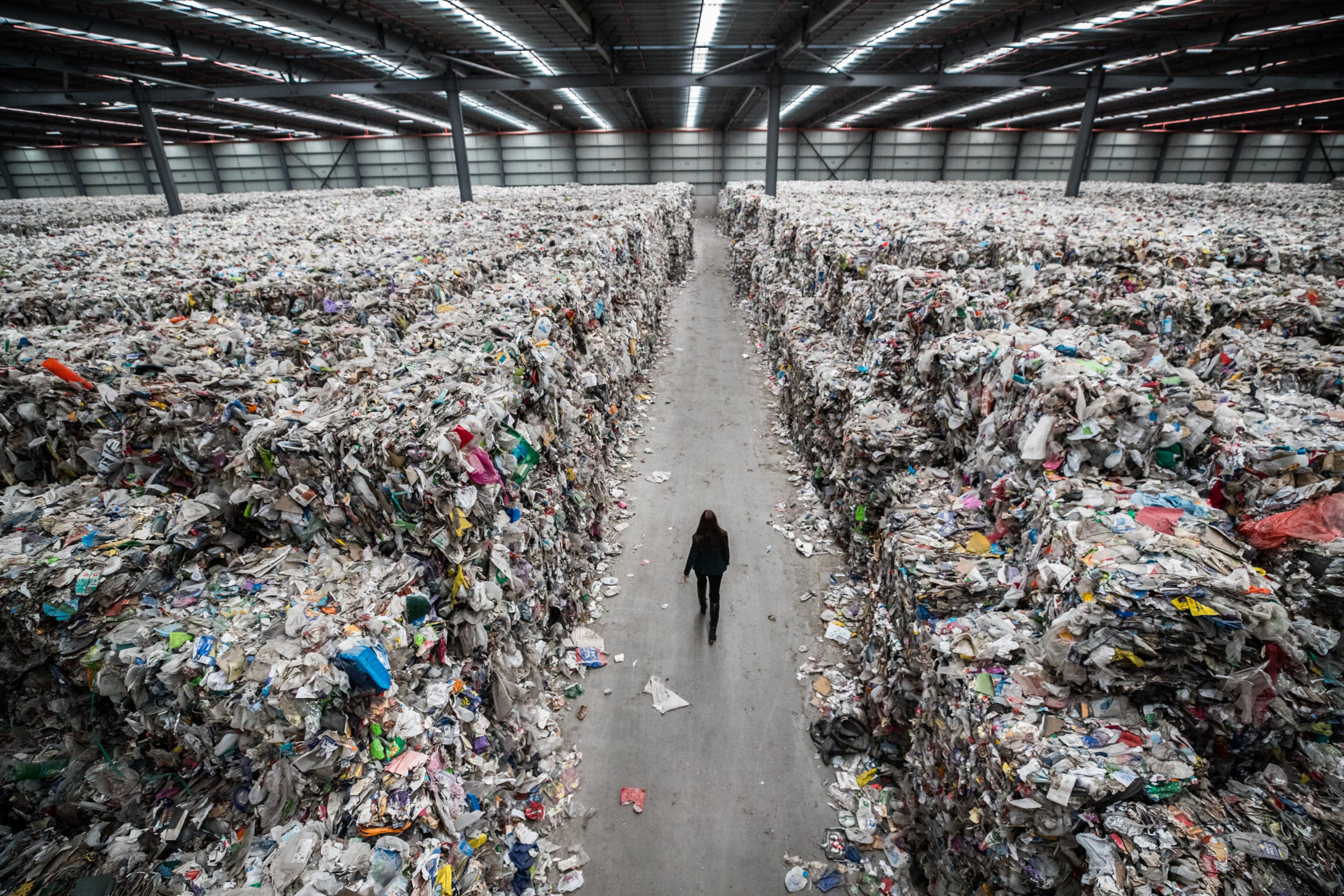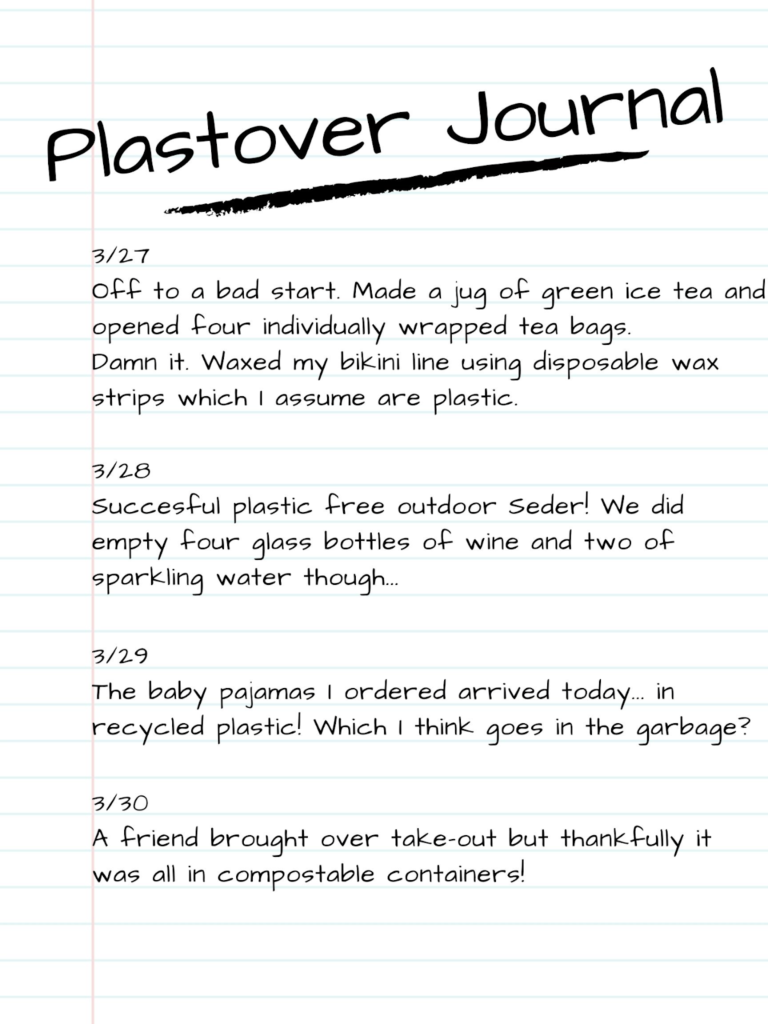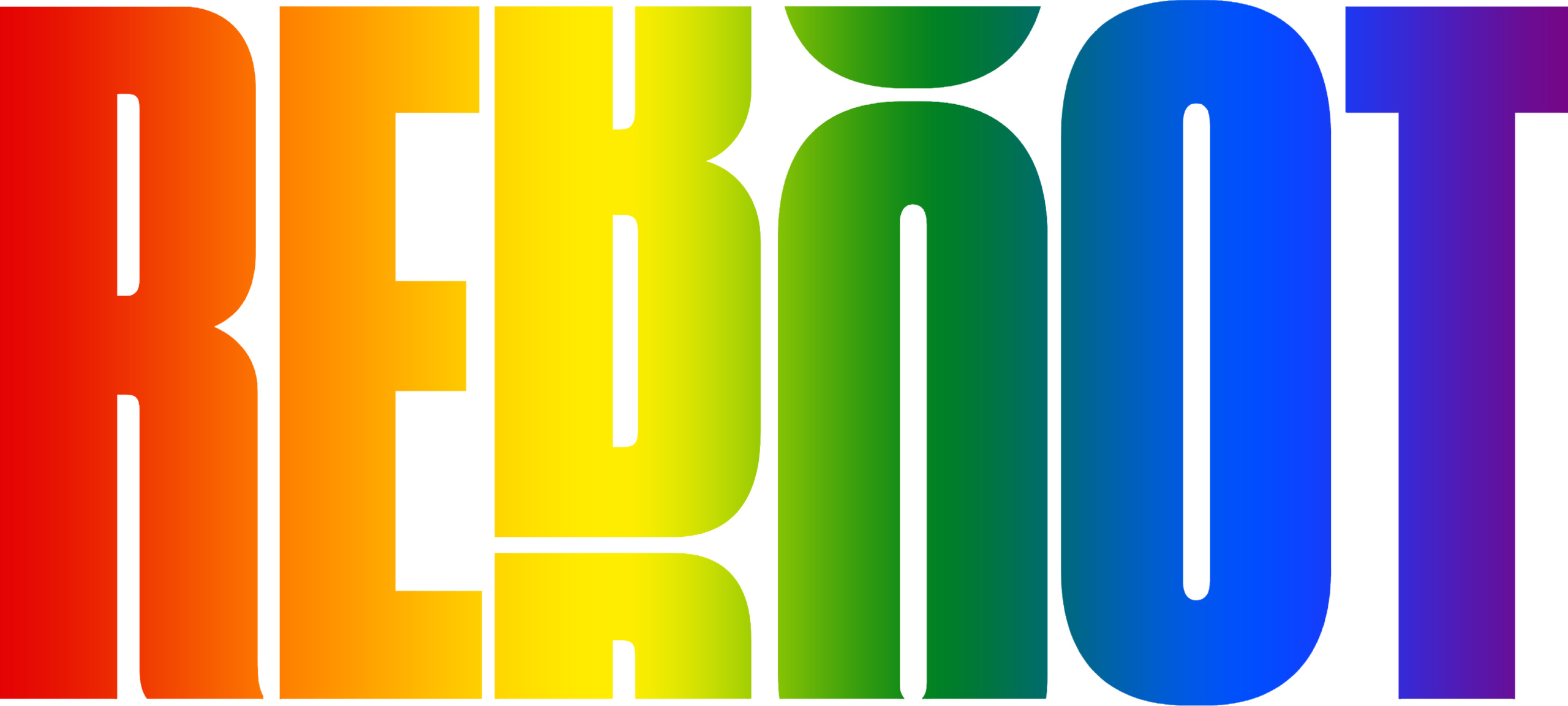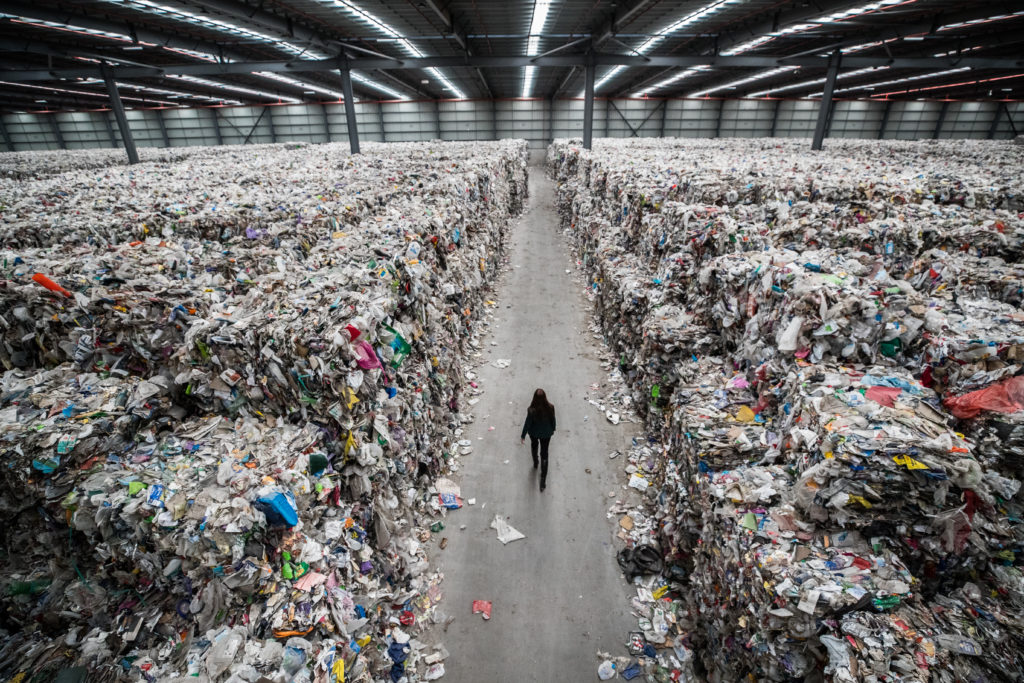(PLASTIC-FREE) WRAP-UP: PLASTOVER 2021

JONATHAN BINES – PLASTOVER CREATOR
Plastover 2021 has come and gone, and on its heels Earth Day has now arrived. Much like Passover which my family and Reboot collectively turned into Plastover, I see Earth Day as a symbolic tradition that serves as an opportunity for personal reflection and individual meaningful personal practices. This year I am marking Earth Day by reflecting on my Plastover experience and inviting others to do the same.
I am filled with immense gratitude to all who welcomed this idea and participated in it and enriched it with their input their energy and their art. It’s clear that people are looking for ways to meaningfully address the issue of single use plastic in our lives, and that gives me hope. Perhaps our collective observations will help guide others in their quest to reduce plastic waste next Plastover and beyond.
Overall, Plastover wasn’t as challenging as I thought it would be. While I brought no new plastic into the home — with the exceptions in my “Box of Guilt” — and didn’t stock up ahead of time (that’s cheating), I did allow myself to use items packaged in single-use plastic that were already in my home. So the bag of figs, the bottle of mayo, the plastic-enclosed cheese were fair game.
If Plastover had gone a month, I might have been in trouble. But even eight days was enough to fill me with a profound sense of helplessness to fight the tide of plastic rising and washing over us all. It made me yearn for a strong national policy to address it, coupled with corporate responsibility. On that topic, the main Plastover offender turned out to be Amazon and mail delivery – several packages arrived that had been ordered earlier, each one filled with plastic wrap, packing peanuts, etc. I strive to save all this and give it away on Craigslist (once you’ve got a few big bags of it, people will come to your house and gratefully take it off your hands), but it’s a reminder that much of our plastic pollution comes not from the end-product, but from its production and transport – all the more reason why we must fight for strong policies.
As we said at the start of this, an Exodus of a thousand miles begins with a single step. But we don’t have 40 years to start making changes! So join us now in pushing for industry regulations to use our experiences from Plastover/Passover to spark a sustained climate intervention by expressing support for the Break Free From Plastic Pollution Act (BFFPPA). It builds on successful statewide laws across the country and outlines practical plastic reduction strategies to realize a healthier, more sustainable, and equitable future.
We are stronger together, so we asked a few members of our community to reflect on their Plastover experiences. We would love to hear your stories too! Share them with us on social at using the hashtag #plastover or email them to partners@rebooters.net.
MADELYNE HEYMAN – REBOOT PROGRAM MANAGER
When I worked with Jonathan and the rest of the Reboot team to create the Plastover DIY toolkit, I tried to write a set of guidelines that even I, a millennial with a limited budget living with a non-Jewish partner, could adhere to that would still feel like steps towards meaningful action. So often when I reckon with the immensity of the plastic pollution crisis and the even greater climate emergency, I find myself overwhelmed, paralyzed by hopelessness. Plastover helped me to break through that paralysis, inspiring me to not only make changes in my own home and lifestyle, but to identify the places where industry wide change is most needed.
In honor of the 10 Plagues of Plastic, here are my 10 Plastover Takeaways:
-
My “box of guilt” where I collected the plastic I couldn’t avoid was much smaller than I anticipated it would be. That was until I realized how many things didn’t make it into the box. Plastic that had touched raw meat or held messy food had gone in the trash without a thought, but they still count.
-
Cutting out food delivery was the number one way I was able to cut back on plastic waste. Our first takeout order post Plastover generated almost the same amount of plastic that a whole week of cooking had.
-
Why won’t my local grocery story give us paper bags anymore? It feels like once stores were required to charge ¢10 per plastic bag, paper bags were no longer an option.
-
A swimsuit I had ordered weeks ago finally arrived during Plastover – wrapped in 3 separate layers of plastic bags. I know sustainable packaging is possible, what would it take for more companies to use it?
-
Junk mail filled with plastic never ends. No matter how many ways I unsubscribe from Spectrum, they send me plastic card after plastic card. I already get internet from them. What more do they want? Don’t answer that.
-
My wishcycling (trying to recycle non-recyclable plastics) habit is bad. Really bad. I forced myself to go through the recycling as Plastover started and almost everything had to be transferred to the box of guilt.
-
I was able to avoid a good amount of plastic packaging by getting vegetables from a local farm share that reuses plastic packaging (if you can remember to bring it back to them!) In LA this is a reasonable alternative, but having grown up in Minnesota I know this is a unique privilege to have available all year round.
-
Sometimes plastic is good! I take a medication for my chronic illness that is administered via injection. Each dose generates a fair amount of plastic waste, but the plastic allows the medication to remain safe, sterile, and accessible to me at home.
-
What incentive do large companies have to explore plastic-free packaging options?
-
Plastover helped me identify a few places where I could cut back on the use of single-use plastics, but so much of it is unavoidable, which can make even the smallest actions feel meaningless. The more we can work to stop single-use plastic at the source, the more fruitful our sustainability efforts at home will be.
MIRANDA JONES – SMALL BUSINESS OWNER FROM OAKLAND
Well, that was hard.
I took notes for three days, which are below, but MAN, this country is full of single-use plastic.
My husband and baby love quesadillas with cheese, a two-ingredient meal that involves a ton of plastic. You can buy NICE cheese in a paper wrapper but not mild cheddar.
And every period related product has plastic, except period panties. Which are expensive and you need a lot of them to get through a cycle, so, like so many things, it’s really a privilege to be able to afford to avoid plastic.
I shop for veggies at the farmers market and made sure to get my yogurt in glass containers but still, it was almost impossible to avoid when food shopping.
The great take-away about this experiment was how much more conscious it made me, something I am going to try and continue. But man oh man. GOOD LUCK. 
TARAH MALHOTRA-FEINBERG – PRODUCER FROM LOS ANGELES
When I first heard the idea of Plastover on the Reboot email list, I immediately loved it. I’m a big believer that when you align goals with existing habits/rituals, you’re much more likely to actually accomplish them, or at least start to develop new habits that will eventually lead to those goals. It reminded me of James Clear’s amazing book, Atomic Habits, which everyone should read. I also liked that it offered a tangible, meaningful and contemporary way to observe Passover in a way, along with my whole family, in a year that I knew we weren’t going to have a seder or be surrounded by more Jewy family members than us.
So I went into the experience with hope and some nervousness. I consider myself a really “green” person and have pushed our family to recycle regularly, use reusable storage containers as a standard practice, watch our electricity and water consumption, and all those other things that are par for the course. That said, I knew we still use a lot of plastic and that it shows up at our house a lot, whether we want it or not.
Plastover was hard. Especially during the pandemic, while we’re still basically operating like we’re on lockdown.
It was great to tell my five-year-old twins about what we were going to do. They immediately got on board and became the plastic police, pointing out every bag, packing material, container, wrap or other piece of plastic that entered their view. I’ve never seen them adopt a “rule” so quickly. Maybe I should try this with sugar.
Our kids’ pod restrictions prevent us from going into any stores ourselves at this time, so we get everything delivered. Everything. It quickly became clear that grocery delivery, and online delivery of any kind, really are the worst culprits. I choose individual apples so they don’t come in a plastic bag or hard plastic case, but the shopper still puts them in a plastic bag. I choose a brand of oil that I know comes in glass and they replace it with one that comes in plastic. I order a simple, unbreakable product and it comes in a box that’s too big with an ocean of plastic packing bubbles.
I quickly felt that this was futile without an overhaul and an end to the pandemic, so I pivoted to keeping a journal of all of the plastic we used during Passover and really focusing on the effort to be more mindful of its ubiquity. It’s really daunting. I think that’s the work that needs to be done to bring it to consciousness in order to actually make a plan to change.
Now that I’m seeing how often I reach for the plastic wrap for that half avocado, I know I need to buy more Pyrex and those awesome reusable silicone bags. Now that I see how many things I usually freeze in big Ziplocs, I know I need to find another solution for freezer storage. It will take some real sacrifice, especially until it’s safe to go shop myself again. I don’t know how I’m going to get over my Persian cucumber obsession – really can’t seem to get them delivered outside of a single-use ziploc bag. More good motivation to get that garden going in the back of the new house.
There were a few bright spots, but they were mostly just lucky. For example, on night one, we didn’t feel like cooking, so we ordered food for takeout and was worried I would screw this up immediately. Everything came in cardboard and biodegradable plant-based packaging!
Then there were some ways that I avoided using plastic that weren’t better enough. For example, I found myself using foil to wrap things that I might have usually used plastic wrap for. Better than using plastic and I can recycle it, but it’s still single-use material. Need to shift to those silicone and beeswax solutions.
The experience definitely raised our consciousness, not just of our own actions, but of the ways that corporations and businesses contribute so massively to this. And which specific corporations are the worst. I should probably start a list of restaurants and stores that are truly committed to sustainable practices and deliver without plastic so I use those more than Amazon and Whole Foods (basically, Amazon).
Jonathan Bines pointed out that the really significant change will come from demanding change from the corporations. It’s something I think about a lot and now think about daily after this experience. There are some pretty cool apps like Buycott that help check your purchases against the behaviors/policies of companies in the aisle. This is an imperfect solution, creates the same kind of lazy satiation that you’ve done something as “clicktavism,” and requires some behavior change to actually buy differently vs just becoming conscious from the app, but things like this are a start to increase the scale of attention to these issues amongst consumers if adopted.
The kids still, weeks after Passover, are pointing out when plastic shows up in a delivery or if I reach for the plastic wrap (hardly ever, but I should just take it out of the drawer). The fact that these children understand that plastic “hurts the fish” and doesn’t go away is a step forward and is hopefully embedded enough that they’ll behave more responsibly in their own lives regarding plastic from this point forward.
I’m really glad we’re having these conversations and bringing this issue to the forefront. The guilt we feel about our plastic use is only helpful if it motivates us. Another example of Reboot finding a truly creative, relevant way to think about and act on values we hold dear, rooted in tradition and executed in contemporary life.

